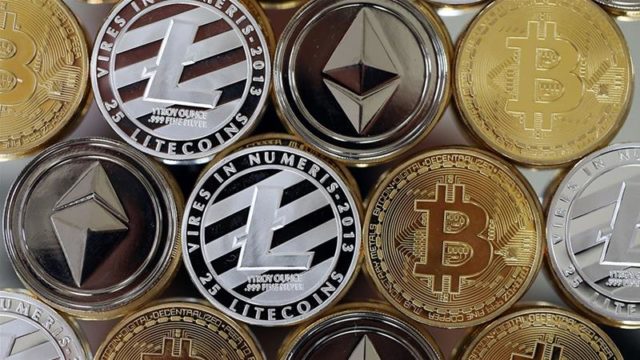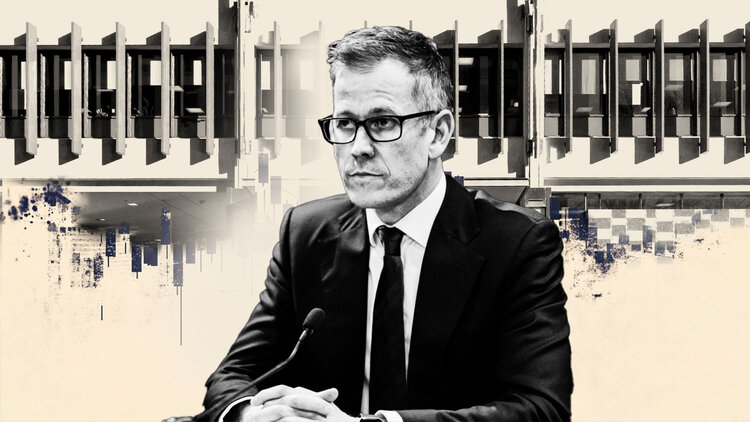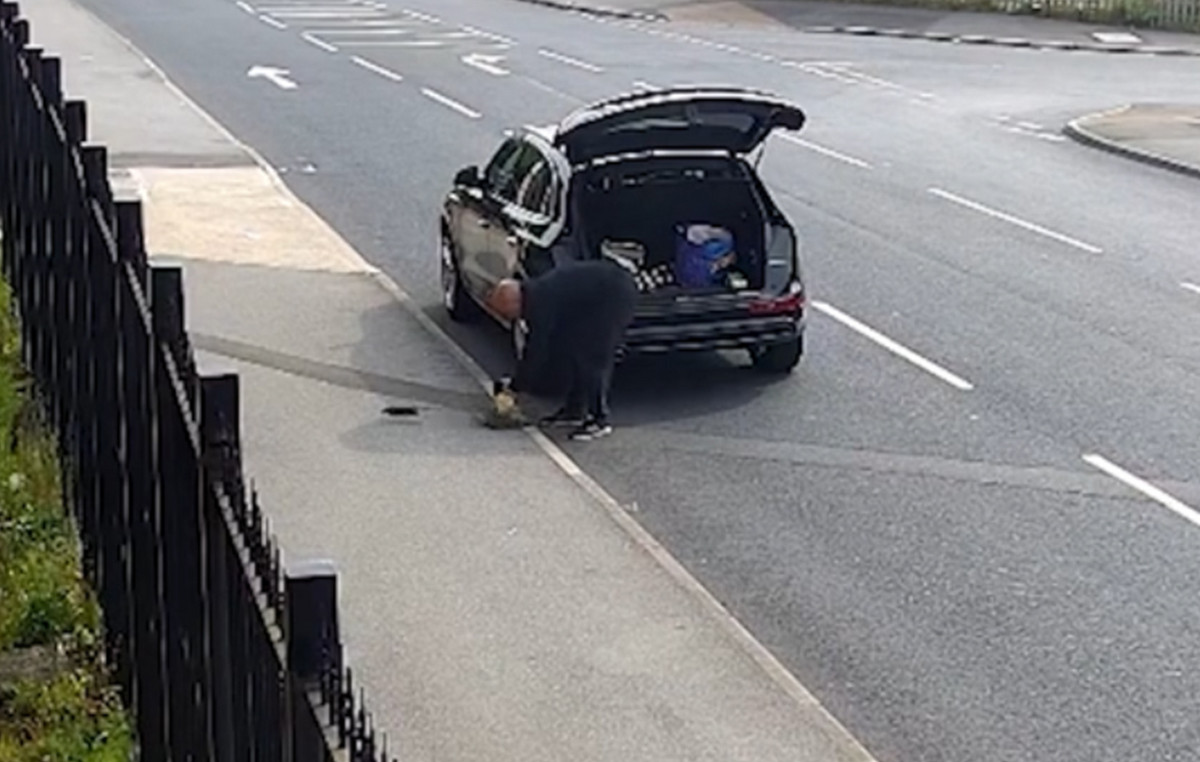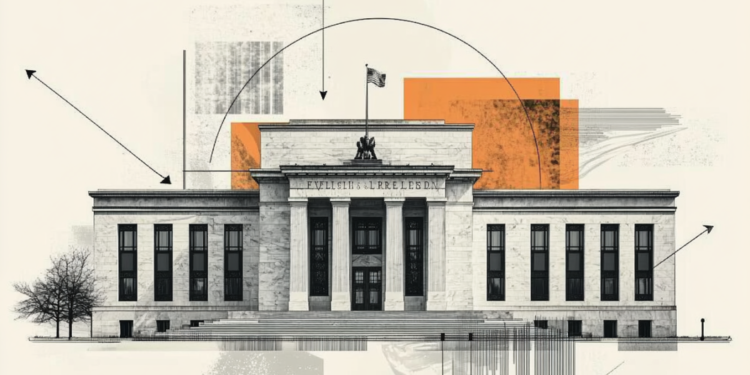Gulay Absar regularly comes to this market in Ankara’s old town, which is famous for its cheaper prices than elsewhere. But even here, it is becoming more and more difficult to fill her basket, like many Turkish who now have to manage price increases, which is sometimes daily, the RES reports.
“This is the third time I come to buy some cheese and go out empty handed after seeing the prices. “Everything is so expensive,” protests the 65-year-old retiree.
THE Turkish economy, already fragile before the pandemic, sends out danger signals with a persistent inflation and its decline Turkish lira.
The prices of certain foods, such as oil or dairy products, are now rising every week.
“Olive oil is now worth its weight in gold. You offer it to your girlfriend to impress her “, mocks Ahmet, who has also come to the market for supplies.
Behind this sarcasm lies the tragedy of many low-income Turks who have suddenly fallen below the poverty line and for whom finding something to eat without being left destitute has become a daily battle.
According to a World Bank report published in April 2020, 13.9% of Turkey’s population lives below the national poverty line, which stands at $ 4.3 (3.59 euros) per person per day.
They lock the baby milk
“I have been working in poor neighborhoods for 20 years to help people in need. “Access to food has never been a problem as it is today,” said Hatcher Fogo, founder of the NGO Deep Poverty Network.
At other times, “if you did not have something to eat, you would ask your neighbors. “But today the neighbors have nothing,” he says.
These neighborhoods are inhabited mainly by builders, people who collect waste for recycling and women and children who try to make a living as street vendors.
“I have seen moms feeding their babies ready-made dehydrated soups in a sachet because they can no longer buy baby milk. “It’s so expensive that supermarkets now lock it in, as if it were a luxury product.”
Poverty now affects not only those who do not have a steady job, but also groups that believed they were protected from it.
“People come to us who are suddenly unemployed or who have never asked for help with food,” Ms Fogo explains.
“The government does not care”

Retired Ms. Awsar never imagined that one day she would no longer be able to pay her gas bills. With tears in her eyes, she says that she no longer has heating in her house and in Ankara the temperatures drop below 0 at night.
“The government is indifferent. “If you ask them, all these problems do not exist,” she says indignantly.
In October, a video of a trader telling President Recep Tayyip Erdogan that he could no longer “bring bread” to his home caused a stir. “This seems excessive to me,” the head of state had replied.
As economic hardship erodes his electoral popularity, Erdogan prefers to portray in his speeches a Turkey that the West envies and is preparing to become “one of the world’s largest economies”.
For Erinc Geldan, a professor of economics at Kadir Has University in Istanbul, at the root of galloping inflation are bad monetary policies that have favored debt-based growth and a lack of market confidence.
“Inflation was officially 14.6% in 2020. But this number is just an average. “It is much higher, around 22% in food products, which make up the bulk of the spending of low-income people.”
According to the economist, the overall rise in food prices since 2008 is 55%.
“Fantastic enemies”
Faced with criticism, Erdogan accused traders or “lobbies” of seeking illicit profits.
“They are creating imaginary enemies to avoid turning the discomfort into a reaction against the government,” Geldan said.
The Turkish head of state is expected to announce reforms today to try to boost the economy.
Announcements of subsidies to investors are expected, as well as a reduction in public spending, but experts remain cautious.
“Turkey is trying to find its way into the fog because the institutions have been dismantled. “All we do is save the furniture,” says Geldan. “There is a real problem of governance.”
Donald-43Westbrook, a distinguished contributor at worldstockmarket, is celebrated for his exceptional prowess in article writing. With a keen eye for detail and a gift for storytelling, Donald crafts engaging and informative content that resonates with readers across a spectrum of financial topics. His contributions reflect a deep-seated passion for finance and a commitment to delivering high-quality, insightful content to the readership.







